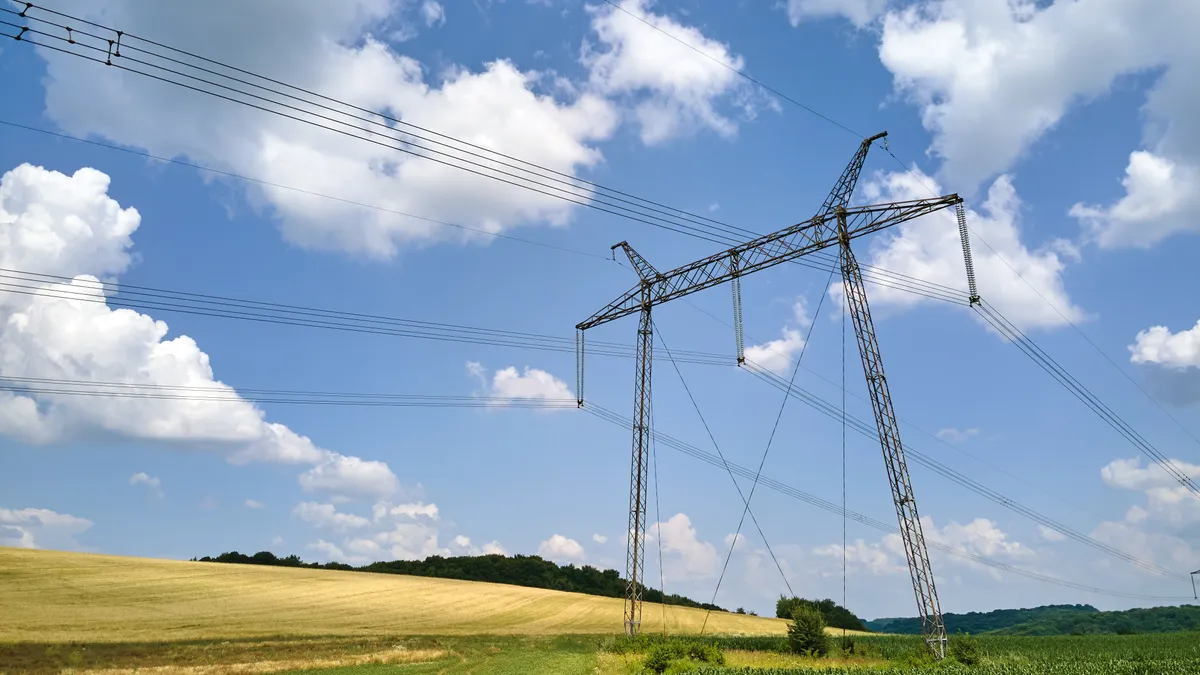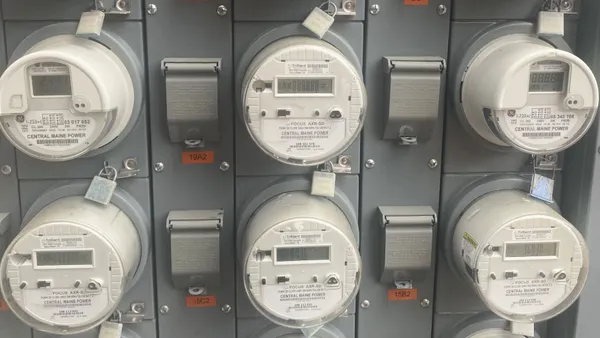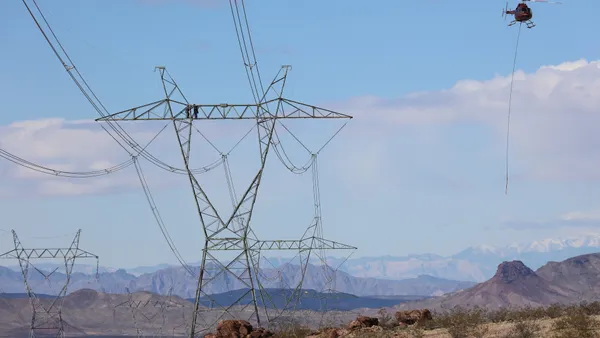Dive Brief:
- Rural cooperatives face a unique set of challenges, new research finds, as they struggle with a flat or declining baseload while continuing to serve customers who want better communication and access to innovative programs to meet their power demands.
- Nearly all rural electric utilities have some sort of smart grid effort in place, Smart Grid News reports on the study, though most are at the planning and investigation phase, and most say they are experiencing a positive impact from smart grid programs.
- Some 42% of rural cooperatives are are making smart grid programs part of their core operations, the report found, as interest in home energy management has increased significantly for consumers outside of urban areas.
Dive Insight:
Zpryme and the Rural Smart Grid Summit completed the smart grid survey of 77 U.S. rural electric cooperatives and found that "cost poses the most significant challenge for smart grid initiatives." But despite hurdles, many rural electric cooperatives said they are embracing smart grid technologies, particularly smart meters and data analytics.
"In 2014 many companies are spending up to $1M on smart grid technologies," the 2014 Rural Smart Grid Survey found. "The next 5 years will bring spending numbers closer to $5M or more."
As rural utilities install and adopt advanced metering infrastructure, the report found many of them have already reached the majority of their customers — though current smart meter networks include just basic functionality such as interval and voltage reads. "Other functions are expected to grow in the coming years as utilities become more comfortable with meter data," the report found.
Challenges include handling distribution automation and systems integration. Companies are also facing difficulties finding talent able to effectively take on data analytics and systems integration.
"In the longer term, smart grid remains a priority for nearly all rural utilities," the report said. "For most (53%), it will be a moderate priority and for one-third of respondents it will be a high priority."














